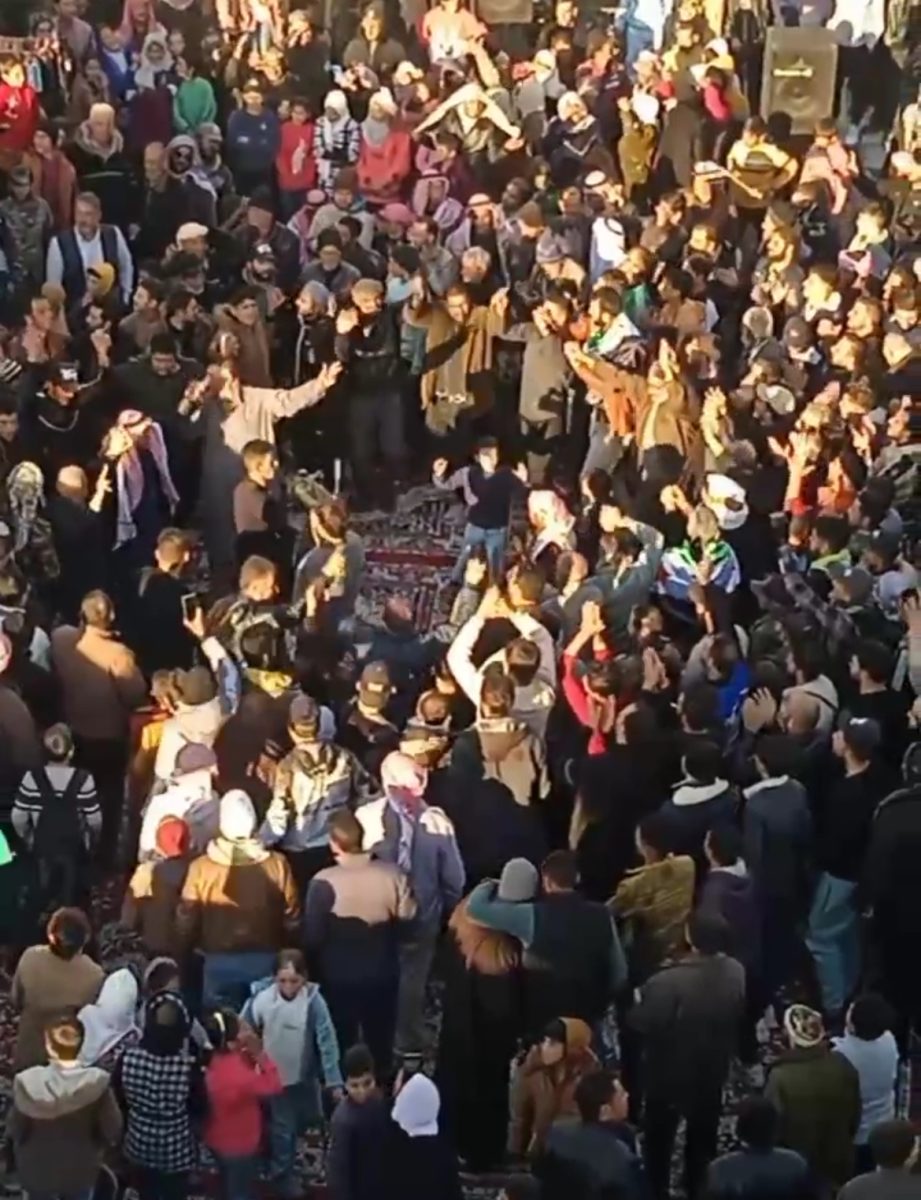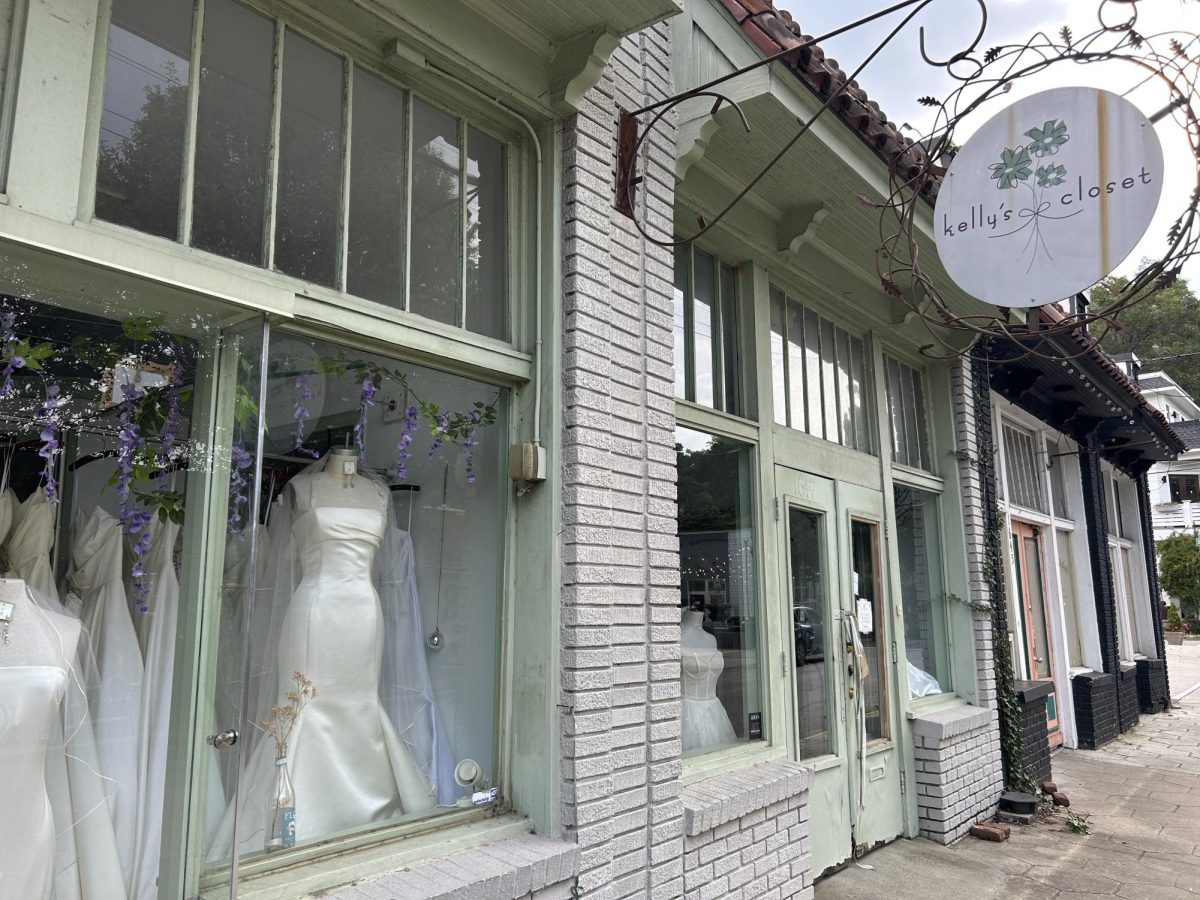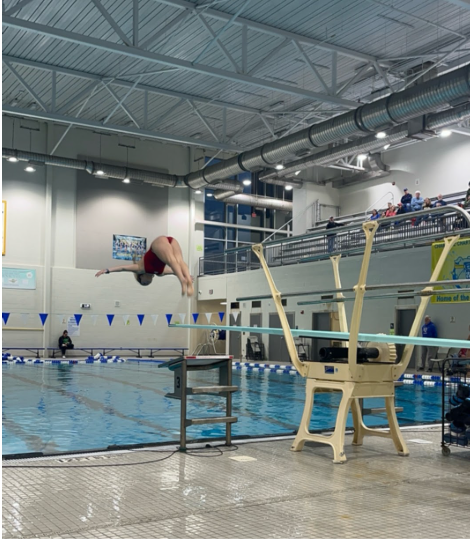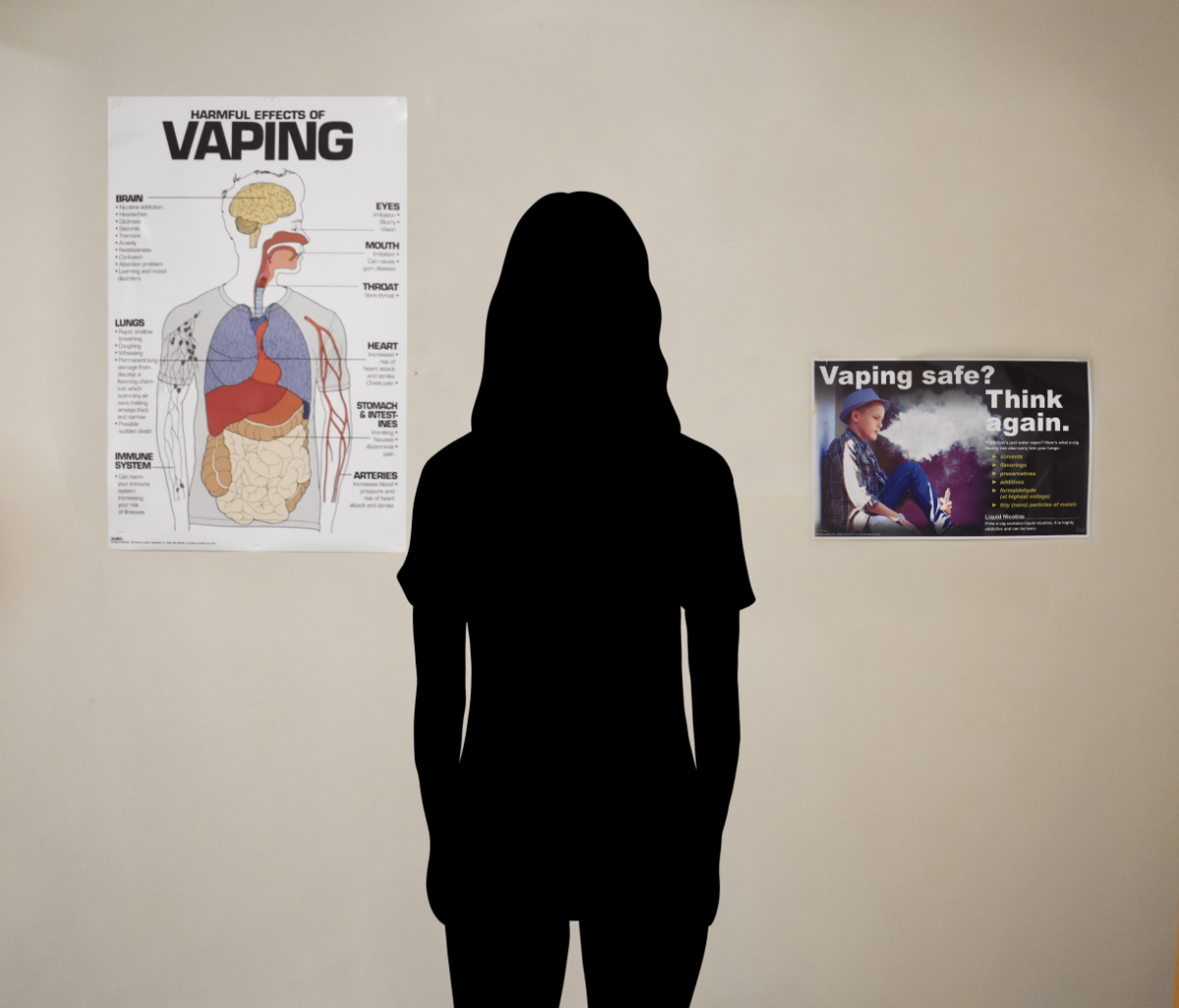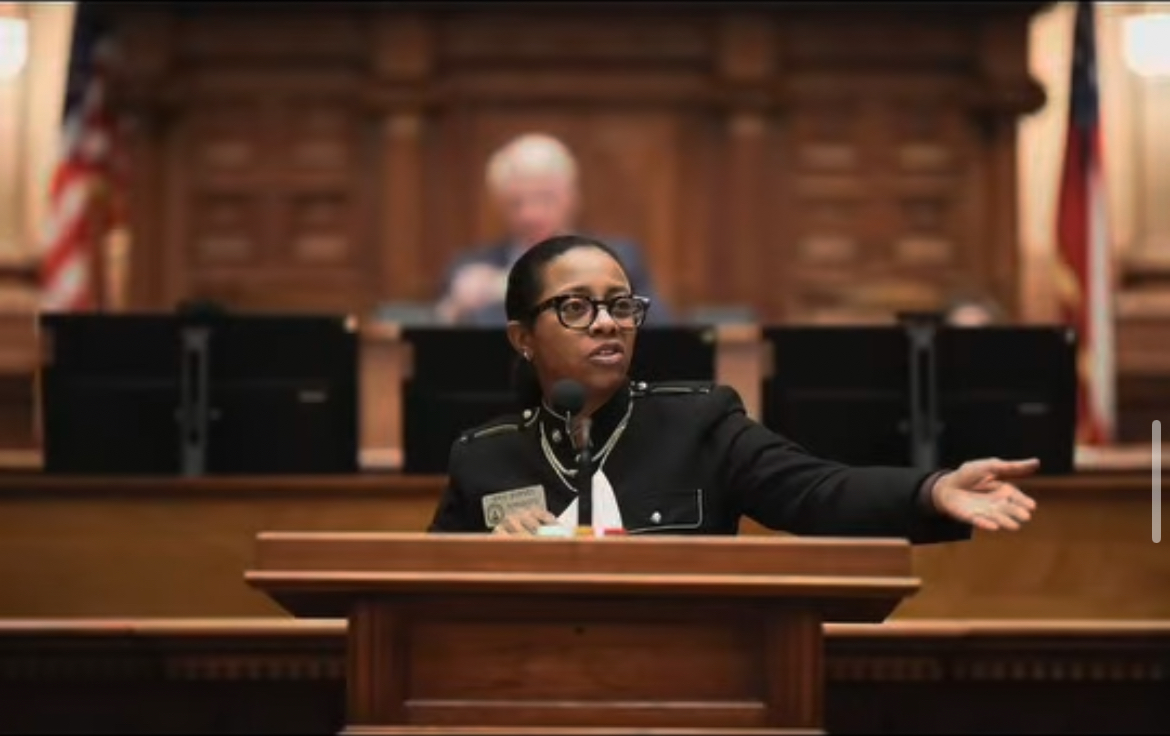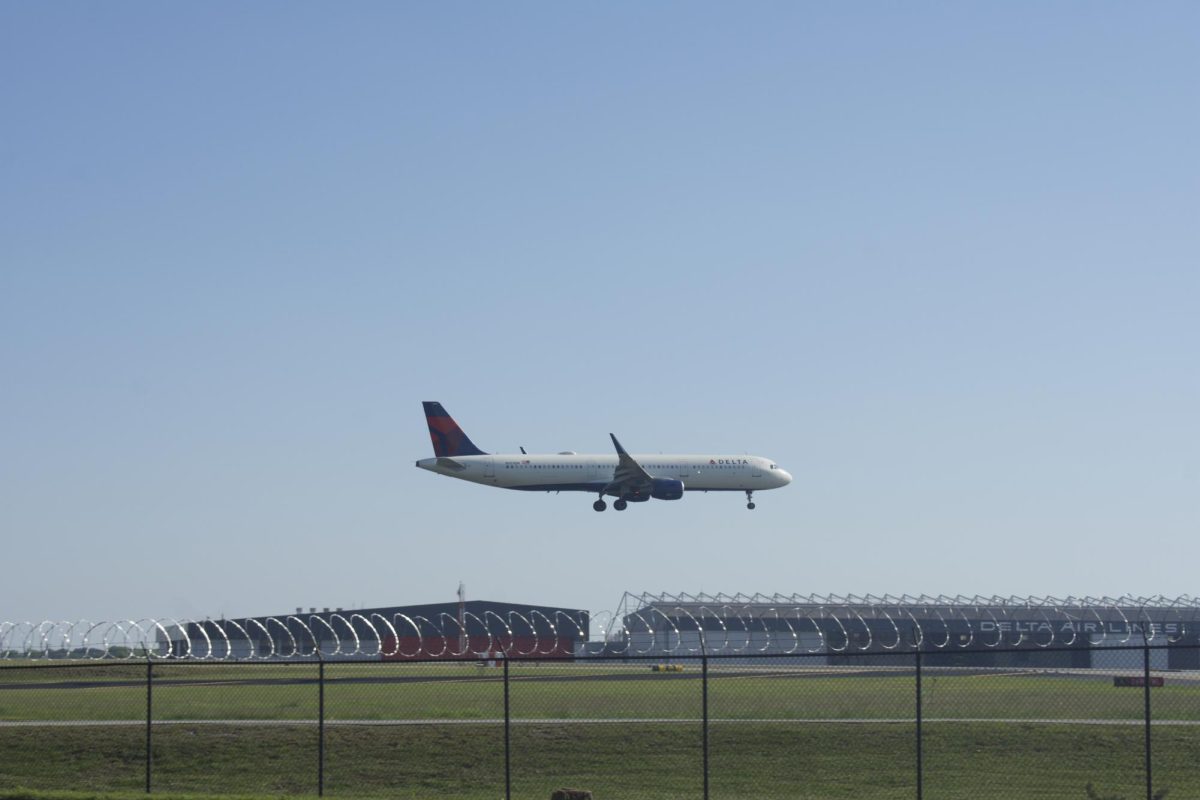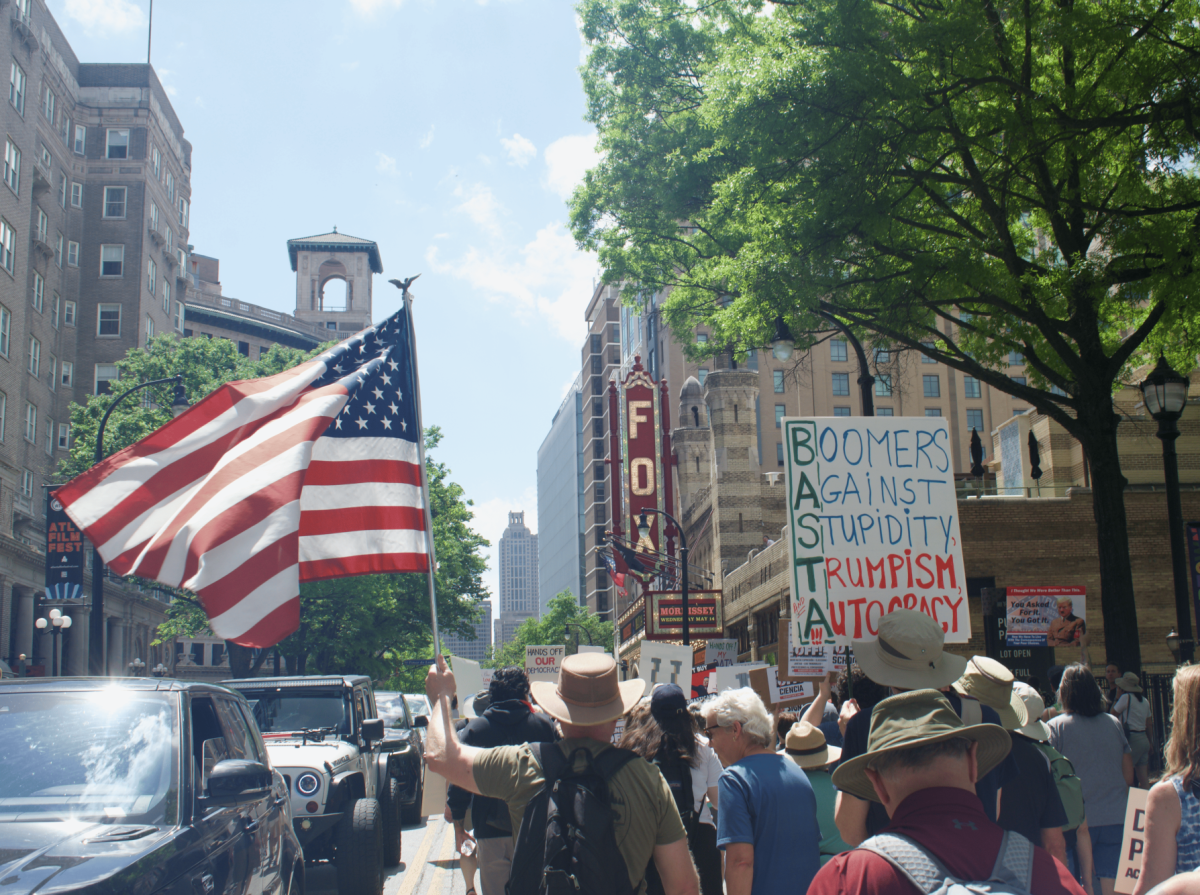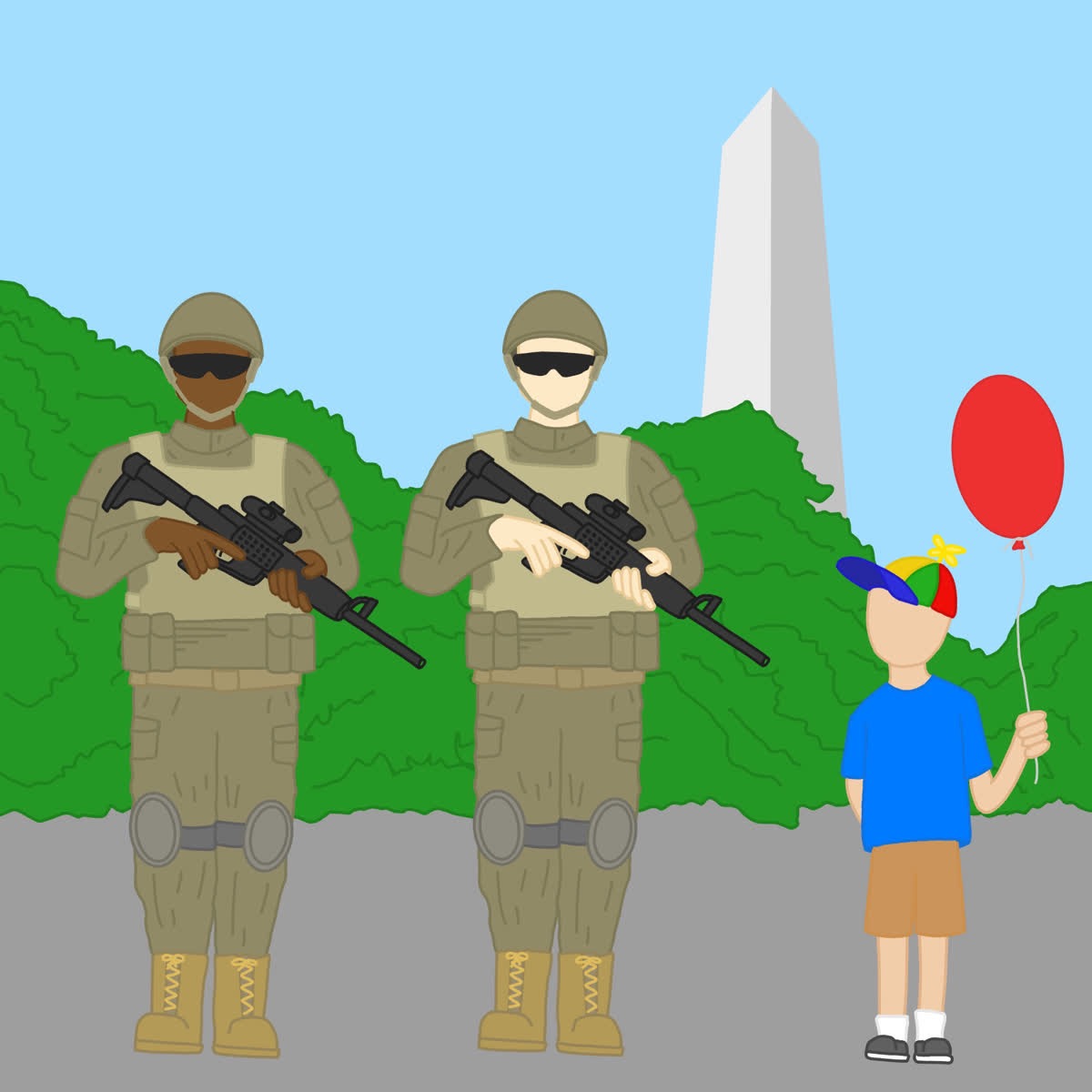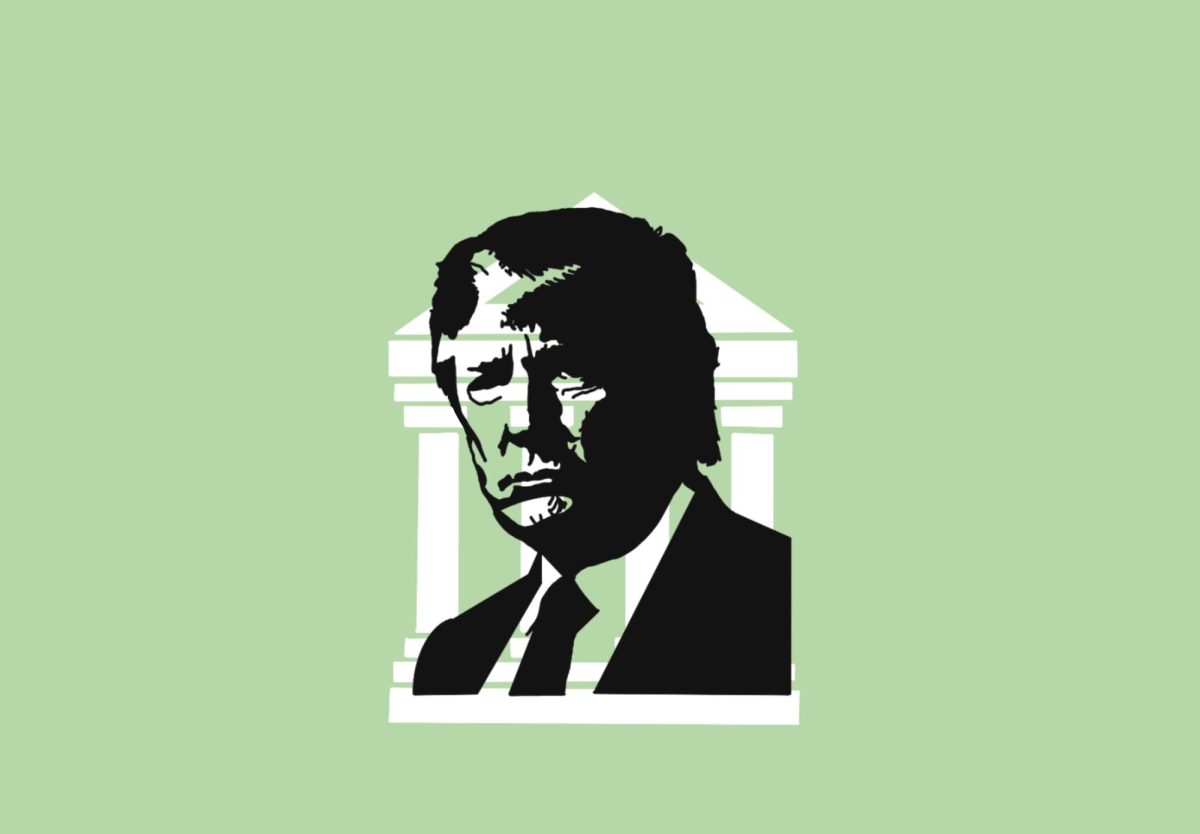Midtown community reflects on historic Syrian liberation
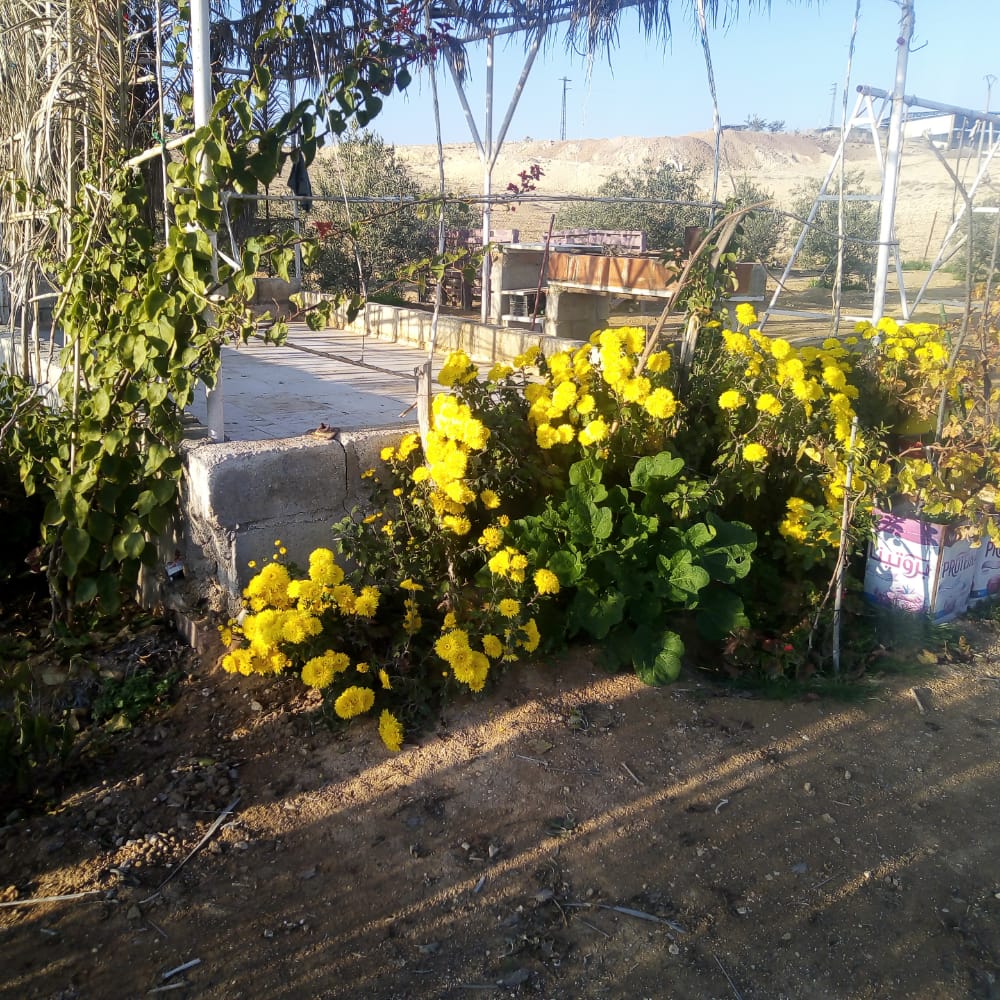
After 51 years of a strict authoritarian regime and 13 years of civil war, former Syrian President Bashar al-Assad fled from Damascus on the morning of Dec. 8 to seek asylum in Russia.
In 2011, to shut down a peaceful pro-democracy protest, Assad released his military on unarmed civilians. In response, opposition militias began to form and fight back, and by 2012, a full civil war started that lasted over a decade with seemingly little progress and a death toll as high as 620,000.
Rwan Hayek, a Syrian-American medical student at Augusta University who graduated from Midtown in 2017, said before the end of the war, she had come to terms with the fact that her family would have to suffer under the Assad regime.
“We’d just accepted that my family was going to be living under the Bashar al-Assad regime,” Hayek said. “Then, the past two weeks, all of a sudden, we heard about the group of people who had really quickly freed Syria, city by city, slowly working their way down to Damascus, and then freeing that city; we heard that Bashar al-Assad has completely fled the country, ending over two decades of dictatorship in Syria.”
Midtown parent Dima Nazzal believes that while the fall of the regime offers a chance of renewal, the risk of a new conflict exists.
“Syria is a beautiful country rich in history, culture and diversity, and it has suffered so much — displacement, violence and loss,” Nazzal said. “I wondered whether the fall of the regime would bring a stable peace or if new conflicts and divisions would arise in the aftermath.”
On Nov. 26, Hezbollah, a terrorist organization that backed the Assad regime, reached a ceasefire deal with Israel, prompting the Syrian rebels to advance on the key provinces of Idlib and Aleppo. Two weeks later, Assad fled, and Syria was free.
“All of this happening within the span of two weeks has been absolutely crazy,” Hayek said. “It’s been something that I don’t think anyone could have ever imagined, and for that to happen so quickly and so easily — I think it was just the perfect storm of events to lead to it happening. Right now, we’re just absolutely overjoyed.”
Midtown parent Hamza Darb said the collapse of the regime reminded him of his father’s stories of the old, democratic Syria.
“I remembered my father telling me stories of what Syria was like before the Assad regime,” Darb said. “Syria was a democratic country with equality and democratic ideals. This gave me hope that with Assad gone, we can finally go back to a normal Syria.”
Hayek traveled to her hometown of Aleppo during the summers when she was younger. However, due to the civil war, she has not been able to see her extended family since 2011.
“I have very fond memories of my time in Syria,” Hayek said. “I used to go either every year or every other year during the summers up until I was 10 years old. Those are some of my best childhood memories, because I would get to spend time with a lot of my extended family.”
Nazzal spent her early childhood in Syria and was a witness to the authoritarianism of the Assad regime.
“I was born in Damascus and spent my early childhood there,” Nazzal said. “Even at a very young age, I understood that it was dangerous to speak openly against the government. Images of President Hafez al-Assad were everywhere: massive statues in city squares, portraits in classrooms and offices and countless posters on the streets. The constant presence of his image created the feeling of a monarchy, not a republic.”
The liberation has come after decades of violence and abuse. Many Syrians had eventually become accustomed to the regime.
“It’s just been year after year of terrible news that we’re hearing about Syria,” Hayek said. “There’s been so much killing, so much death and so much suffering. So many people have been displaced from the country. It’s been a decade of lost hope. I think after 13 years of that, you start to feel like this is just how it’s all going to be.”
Darb said growing up in Syria under the Assad regime was difficult for those who weren’t part of the regime.
“Growing up in Syria in the 80s and 90s was hard, in different ways,” Darb said. “There were large lines to get bread, and electricity was only on for five hours a day. You don’t feel equal to other people who were closely associated with the Assad regime, like a high-rank soldier or politician.”
Darb said living under the Assad regime provided unbalanced opportunities, making it hard for those who were not a part of the regime to function.
“Opportunities to get a job were harder than people like them,” Darb said. “Everyday tasks were also harder, if you wanted to go to the doctor, it was so much easier for people who had connections to his regime.”
The celebration of the collapse of the Assad regime has been tangible throughout the Midtown community. Social studies teacher James Sullivan is not Syrian, but knows the impact of the liberation.
“Syrian families had to deal with this for the last decade and more; there are children who are Syrian but who never set foot in Syria because they’ve been in refugee camps,” Sullivan said. “Literally, teenagers [have] been in camps all their lives. I think it’s just a wonderful development. It shows that things take a long time to happen in this world, but good things do happen.”
Nazzal said that although she was happy the regime ended, her joy was diluted by concerns for the future.
“I felt a mixture of emotions,” Nazzal said. “I was shocked at how rapidly events unfolded and how quickly the regime, which had seemed so entrenched, started to crumble. I felt immense relief and even joy that such a brutal dictatorship had finally come to an end. At the same time, I am worried about what will happen next.”
Much of the news coverage about Syria for the past several years has been negative, focused on the brutal war or refugee crisis. Hayek said the positivity surrounding Syria lately has been uplifting and a nice change.
“It’s been really interesting seeing how much Syria has been in the news over the past few weeks,” Hayek said. “Seeing Syria be celebrated the past few days has really made me proud to be Syrian. I’m just very proud to call myself a Syrian-American and to get to experience all of the joy that all of my fellow Syrians are experiencing right now.”
Darb said the end of the war has helped people learn about Syria and its culture.
“People now know more about Syria and have more respect for the struggles that we face,” Darb said. “People are aware of what’s going on, and they can actually point out Syria on a map. Syria can now be visited by the international community, which can allow more people to learn about our culture.”
The Assad regime heavily censored any negative comments about the regime, and with its collapse, Syrians are finally allowed to speak freely about their lives and struggles.
“The Assad regime absolutely did not allow anyone to speak badly about their regime,” Hayek said. “Anyone who did could disappear forever. No one knew where they would end up. They could be sent to jail. In those jails, it’s not like in America, where there’s some regulation. In jails in Syria, no one knew what was going on. There was torture happening, absolutely unimaginable torture.”
Nazzal said growing up in Syria, she saw that people weren’t even safe to criticize the government in their own homes.
“Everyone knew that criticizing the regime, even in private, could have severe consequences,” Nazzal said. “For example, the parents of the family living downstairs from us quietly opposed the government. They were arrested as political prisoners and disappeared for a long time. Their children had to be raised by grandparents, uncertain of when or if their parents would ever return.”
Even though Hayek lived in the U.S., she had to be careful criticizing the regime because she could risk her family’s safety in Syria if anyone found out.
“There was always that fear, that threat of something happening,” Hayek said. “That was for 13 years. There’s no fear anymore of speaking ill of a regime that has killed and massacred millions of people. It’s surreal in a sense.”
Hayek said since the regime’s fall, her family has finally been able to openly communicate about the past 13 years of their lives.
“We would talk regularly with our family members in Syria, and they could never speak truly about what was going on because you never know who’s listening in on those calls, and they can get in trouble if they said the wrong thing,” Hayek said. “All of a sudden, it’s like all of that has been lifted. That fear is completely gone. They’re speaking freely on the phone now. They’re texting about how overjoyed they are that al-Assad is gone.”
Press was heavily censored during the Assad regime. Afeef Nessouli, a producer at Spotify for the Wall Street Journal’s daily flagship news podcast, believes the current freedom they have may be contingent on the fact that they’re not currently very critical of the new government.
“For now, it seems the press is enjoying more freedom to cover this post-Assad dynamic, but that could easily change,” Nessouli said. “This is because the press is focused on al-Assad’s atrocities rather than the incoming governors and what they might have done wrong in the past or even currently.”
Nessouli said freedom of the press in the new government will help to build trust with citizens.
“Building strong civil institutions — independent courts and media — can help restore trust and create an environment where young Syrians grow up without fear and where everyone has a chance to contribute to rebuilding the nation,” Nessouli said.
Sullivan said he felt happiness following the collapse. A large part of this reaction is due to the positive international implications of a free Syria.
“[I felt] joy at the collapse of an evil regime that had power for more than a decade,” Sullivan said. “For 50 years, that family has ruled Syria with a very heavy, hard hand, and the Syrian people were suffering for 50 years, but especially in the last 13 years of the civil war. It’s just been [an] awful, worldwide calamity for not only the Syrian people but everybody in the area around. It’s been a flash point in the world, potentially [for] Russia and the United States or Israel and other countries in the Middle East.”
Sullivan teaches current issues and said his students have resonated with learning about Syria and have enjoyed talking about the possibility of a democratic government. However, he believes the liberation of Syria is not a guarantee that authoritarian governments cannot withstand.
“Sadly, though, we’re in a time in world history that I think authoritarianism is kind of on the upswing,” Sullivan said. “I think it’s a great message and a great symbol of hope that the Assad regime has fallen. But I look at other countries like Turkey or Hungary, and I think maybe we don’t even have to look so far. Maybe we can even look within our own borders, [or at] Russia, China, North Korea and see that there’s still a lot of authoritarian regimes in place.”
Russian President Vladimir Putin was a strong supporter of al-Assad, supplying billions of dollars for the regime’s military. However, once the war started in Ukraine, Putin had to shift focus to his own army. Sullivan said he is worried that Putin will not take this embarrassment lightly.
“He had thrown his weight behind al-Assad and was doing everything he could to keep him in power,” Sullivan said. “A lot of times that was kind of the group holding him up. I think because he has had to expend so much effort and so many troops and so much into Ukraine, almost certainly, that was one of the things that led to this. He had to take it from somewhere. I’m worried that having been embarrassed, and being a person who does not like to be embarrassed, he may now double down on what he’s doing in Ukraine.”
The collapse of the Syrian regime has put political pressure on Putin, and many people speculate that this will cause him to ramp up the war in Ukraine. With the incoming American presidential administration, it is also possible the U.S. will pull back on aid.
“I think the other possibility is that with the recent election in the United States and the incoming administration having closer ties, potentially, to Putin, we may weaken our resolve to protect the Ukrainian people, to send weapons and to help Ukrainian people,” Sullivan said. “That may strengthen Putin’s position, just by omission.”
Darb said the fall of the regime will strengthen Syria’s relationship with bordering country Turkey, as well as other countries, including Kuwait and Saudi Arabia. However, the new leaders could choose to ally themselves with al-Assad’s allies instead.
“Because of Turkey and Saudi being allied with the U.S., this could lead to diplomatic ties with the EU and potentially the U.S.,” Darb said. “However, if the future government sees any bad interference with these countries, they could potentially be inclined to have a relationship with China or previous countries allied with Assad.”
Sullivan is also concerned about the advances made by the Israeli government and is worried they may be overstepping their bounds and taking on more than they can handle.
“I think the Netanyahu government probably feels more emboldened by these events,” Sullivan said. “But again, they’ve rushed into the area militarily. I’m not sure that that’s the wise decision. I think that might further complicate things. I think they have their hands full with just the situation, the war against Hamas in Gaza and the devastation to the people of Gaza, so Netanyahu may have overplayed his hand a little bit in this, too.”
Now that the Assad regime is gone, there is concern about the incoming government. While there are elections set for May, there is still a lot of skepticism and confusion. Syrian interim Prime Minister Mohammad al Bashir announced that the transition of power will follow UN Resolution 2254, which takes a holistic approach to the problems that must be resolved in order to put an end to the Syrian conflict and bring about stability and true peace. This includes a process to draft a new constitution, and the release of all arbitrarily detained persons, particularly women and children.
Nessouli said he is apprehensive about a new government being formed by leaders from the rebel army, citing concerns about their history of treating minorities unfairly.
“The rebels, led by HTS [Hayat Tahrir al-Sham], were ruling a few million people in the northeast of Syria under Islamic Law,” Nessouli said. “They claim that that legal system will include civil liberties, but many Syrian minorities and also Muslims are apprehensive about the future and the conservative outlook of those who have just gained control of the country.”
Nazzal said one of the biggest challenges for Syria moving forward is healing internal divisions left over from the civil war.
“Many communities have experienced tremendous suffering, and the desire for revenge could lead to renewed conflict rather than reconciliation,” Nazzal said. “Sectarian divisions deliberately exacerbated under the Assad regime remain a serious obstacle. There will need to be a clear commitment to justice and truth-telling to address past abuses.”
Nazzal hopes for an inclusive government for all Syrians that protects their freedom, as well as attempts to rebuild the country.
“I hope that Syria’s future includes a stable and inclusive government that respects the rights of all its citizens, regardless of their faith or ethnic background,” Nazzal said. “Ideally, this would be a secular system that protects religious freedom rather than enforcing one ideology. I want to see investment in education, infrastructure and healthcare, as well as genuine efforts at reconciliation.”
Hayek said the Syrian people are hoping for a democracy that will treat all citizens fairly.
“All that we can do is just hope that the future is better than the past, and I think that’s not a very difficult thing to hope for, considering how bad the past several decades have been for Syria,” Hayek said. “That ability to hope is something that’s so precious to us right now and is something that so many of the Syrian people have been denied their entire lives, so even being able to feel that is such a gift.”
Now that Syria is free, teenagers who have spent their entire lives in refugee camps are able to return to their home country. Sullivan said he is anxious that the new government will not be inclusive of all branches of Islam.
“It’s a very hopeful sign to me that people who were in the camps in different countries are starting to go back or think about going back,” Sullivan said. “It is concerning that now, [with] this more Sunni group, that there are some Shia families trying to leave. But hopefully, that’s a little bit overstated or overblown, and maybe this can be something where everybody works together.”
Hayek said the Syrians have united to support each other during this transitional period.
“That’s where the strength of the Syrian community comes from, just all of us coming together and recognizing that we need each other’s help in a time like this,” Hayek said.
Sullivan said although there is uncertainty for Syria’s future, the shared relief from the end of the Assad regime will at least temporarily help the country progress.
“It’s like in ‘Wizard of Oz,’ ‘ding, dong, the witch is dead,’” Sullivan said. “Who’s going to be in charge and who’s going to move forward? People are still caught up in the celebration of Assad being gone, and I think that’s plenty to unite people for a while later. It may not be enough to hold the country together, but we certainly hope.”
Nazzal believes the wounds caused by the Assad regime will not heal overnight; the division and the separation will take time.
“Fostering a culture of dialogue, tolerance and respect —where Syrians see themselves not as separate factions, but as citizens of a shared nation — is essential,” Nazzal said. “Ultimately, it will be a long and difficult process, requiring patience, forgiveness and a willingness to come together for a common future.”
Disclaimer: Hamza Darb is the father of Mariam Darb, one of the writers, but was interviewed by other writers. His quotes were used because of his uniquely relevant perspective for this story.
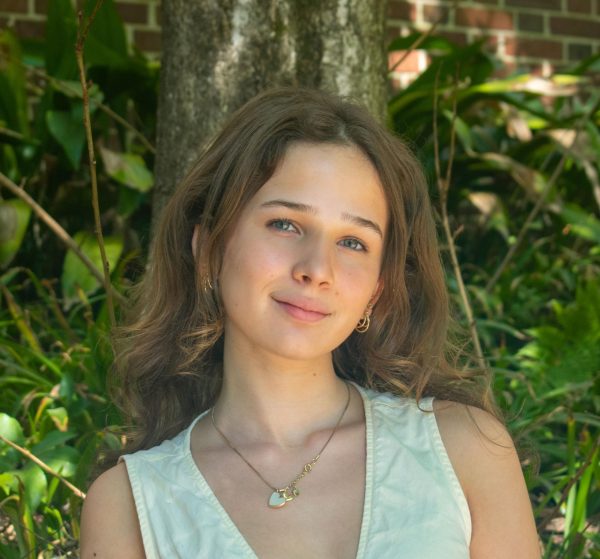
Fairlie Mercer is a senior and this is her third year writing for The Southerner. She currently serves as an Editor-in-Chief and is excited for her second year as an editor. Outside of journalism, she enjoys hanging out with friends and dance.
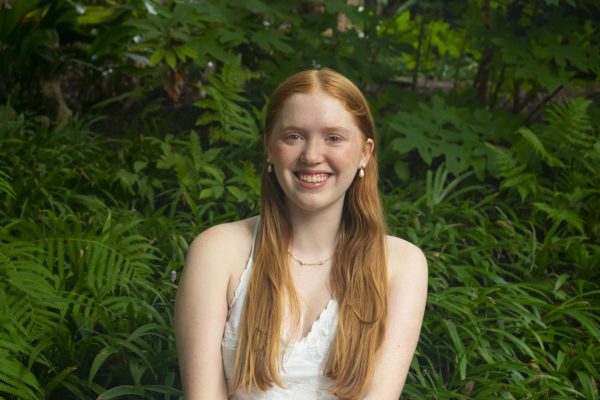
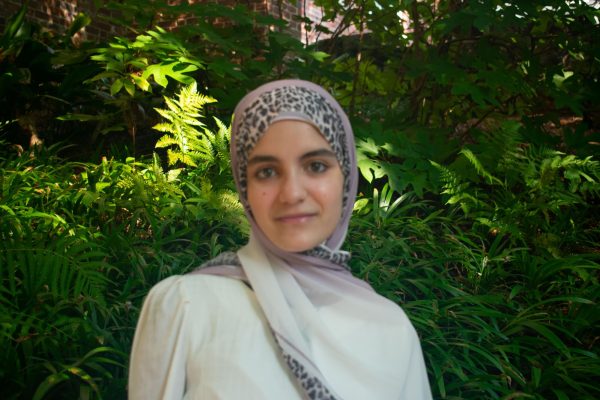





![PERSONAL LOSS: Hamza Darb lost both his brother, Mouklas Darb [pictured], and two cousins to the Assad regime.](https://thesoutherneronline.com/wp-content/uploads/2024/12/98e7af64-a020-460f-b2e5-af6d509404c9.jpg)
